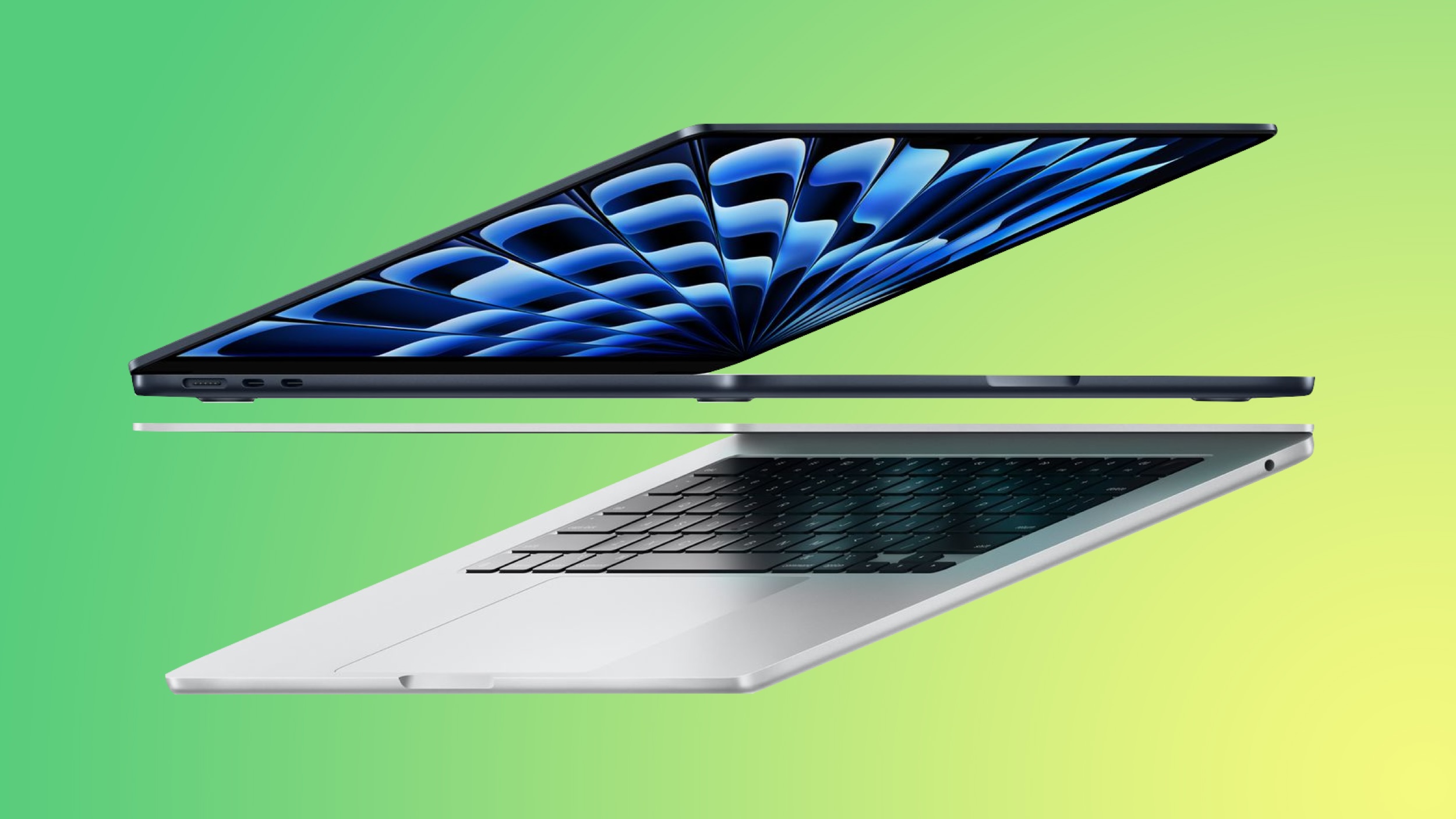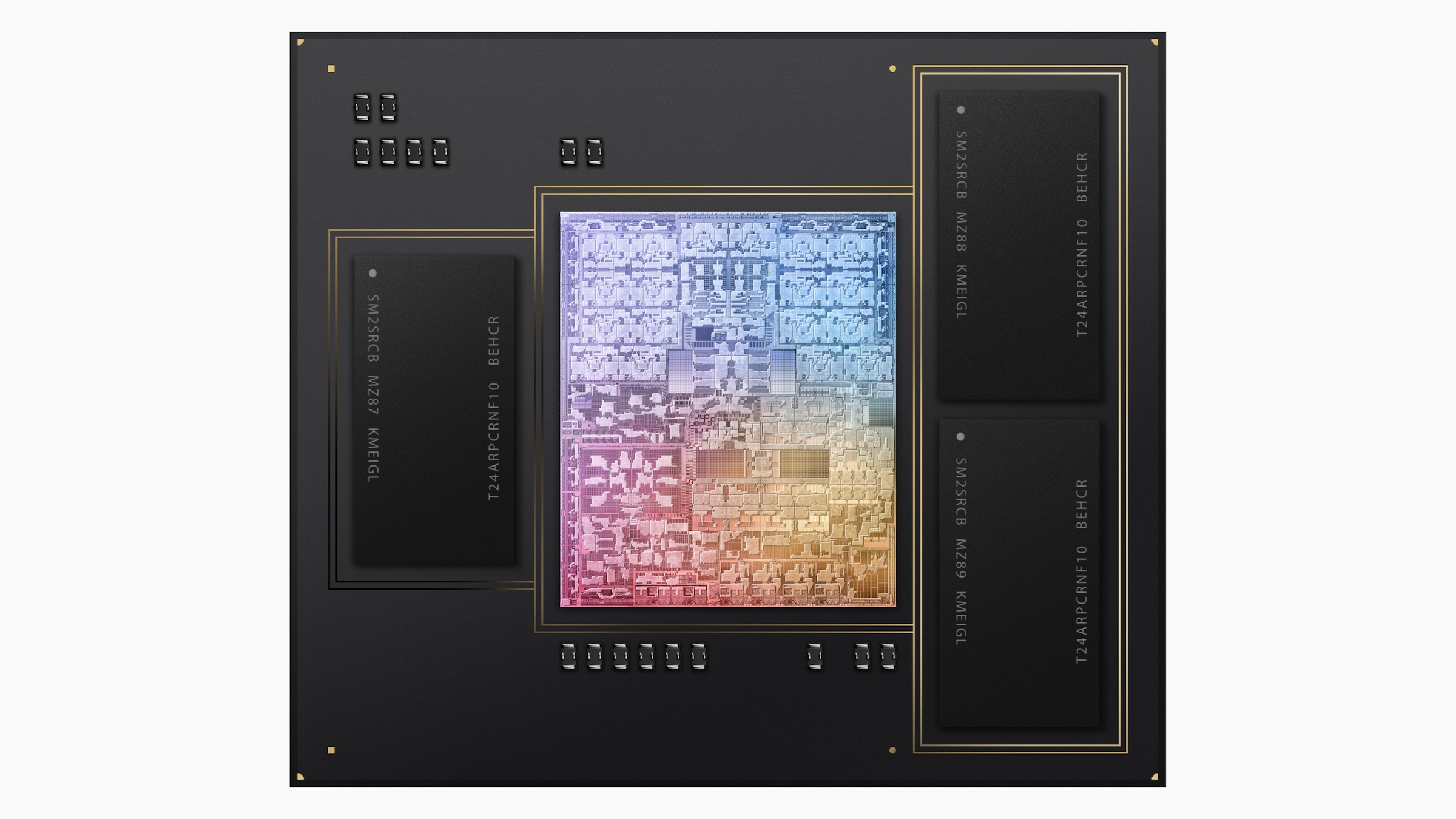
The debate over whether 8GB of RAM is sufficient for a Mac has long been a topic of contention. The controversy goes back to at least 2012, when Apple launched the first MacBook Pro with Retina display, which started with 8GB of RAM. Apple still offers 8GB as the base configuration for its 14-inch MacBook Pro, not to mention its M3 iMac and the latest MacBook Air models. Coupled with the significant cost of upgrading to higher memory options, Apple's decision has once again sparked discussions about the adequacy and value of this configuration.

Of course, Macs have changed a lot over the last decade. For one, Apple no longer relies on Intel processors to power its machines, having developed its own Apple silicon, which is faster and more power efficient. This is because Apple's custom chips use "system-on-a-chip" (SoC) architecture, which integrates several processing cores (CPUs), graphics cores (GPUs), cache memory, and several other components within a single physical package.
- Apple Silicon Buyer's Guide: Which Chip Should You Choose?
- Late 2023 MacBook Pro Buyer's Guide: 14-Inch vs 16-Inch Models
- MacBook Air Buyer's Guide: Comparing the Generations
While the overall result of this integrated SoC architecture is better performance and efficiency, the downside is that Apple's unified memory is fixed at the point of purchase and cannot be upgraded at a later date.

Opting for more unified memory is not cheap either. For instance, going from the base 8GB of unified memory to 16GB or 24GB costs an extra $200 and $400, respectively. Therefore, it's important when buying a new Mac that you choose the right amount for your individual needs. User opinions on this topic are diverse, with some finding 8GB adequate and others feeling constrained. Ultimately, it comes down to what you want to do on your Mac. Here are the main factors to keep in mind.
8GB or More RAM?
- Daily Tasks and Light Usage: For basic tasks like web browsing, document editing, and media consumption, 8GB of RAM generally suffices. Modern Macs use features like memory compression and intelligent allocation, which help macOS run smoothly even during multitasking.
Professional and Creative Workloads: For more intensive tasks such as video editing, 3D modeling, or software development, 8GB may be limiting, and can cause slower performance and reduced efficiency, as independent tests have shown. This is especially true if you work on advanced projects that require enormous files and content libraries.
Wrapping Up
Ultimately, when buying a Mac, opting for 8GB of unified memory is a cost-effective option if you have light usage requirements, and it offers adequate performance for everyday tasks. However, if you intend to use more demanding applications, it may be worth paying the extra for more memory. This will reduce the risk of the memory acting as a system bottleneck, and allow the Apple silicon in your Mac to perform at its maximum potential.
Starting at $1,599, Apple's 14-inch M3 MacBook Pro comes with 8GB of unified memory, and choosing 16GB or 24GB costs an extra $200 and $400, respectively. However, it's worth noting that after factoring in the extra $200 for 16GB, an M3 Pro model with 18GB and several other extra features is only $200 more at $1,999.
Of course, if your main concern is affordability and/or portability, it may be worth considering a MacBook Air instead. Starting at $1,099, the new 13-inch MacBook Air with M3 chip has a 16GB configuration option for $200 extra, totaling $1,299. If you're looking for a bigger display, the 15-inch MacBook Air starts at $1,299, with the 16GB option taking the price up to $1,499.
Bear in mind that the M3 version of the MacBook Pro has a HDMI 2.1 port and SDXC card slot, while the MacBook Air models do not. The entry-level MacBook Pro also offers 22 hours of battery on a single charge, compared to 18 hours on the M3 MacBook Air. In addition, the M3 MacBook Air models have an LCD display, whereas the M3 MacBook Pro uses a superior mini-LED display.
Article Link: Is 8GB of RAM Enough for a Mac in 2024?

